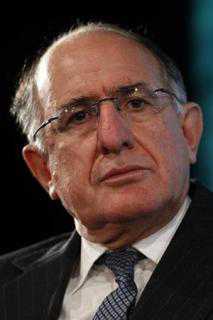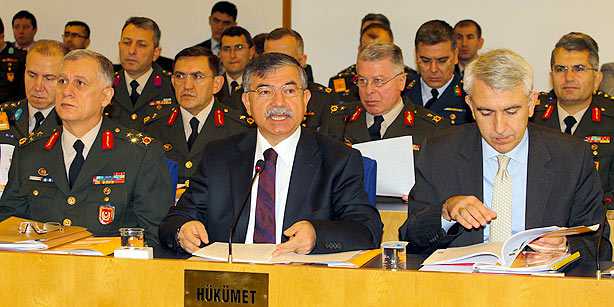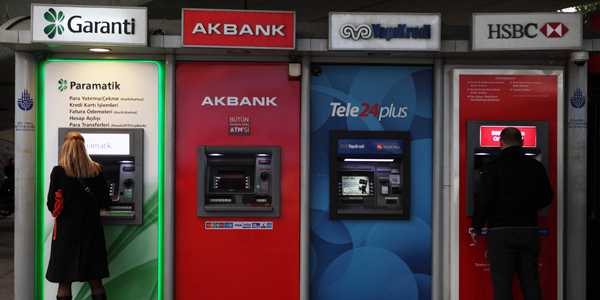 (Reuters) – A former top banker, weighing into a protest movement in Britain against abuses and excesses of modern capitalism, said on Sunday the market economy had lost “its moral foundations with disastrous consequences.”
(Reuters) – A former top banker, weighing into a protest movement in Britain against abuses and excesses of modern capitalism, said on Sunday the market economy had lost “its moral foundations with disastrous consequences.”
Ken Costa, a former chairman of UBS Europe and Lazard International, spoke out after being appointed by Bishop of London Richard Chartres to lead an initiative aimed at “reconnecting the financial with the ethical.”
Britain has become preoccupied with the ethics of elite financiers since a group of protesters, unhappy at the excesses of modern capitalism and its huge inequalities in wealth, pitched tents outside St Paul’s Cathedral in London last month.
The controversy brought to a head by the St Paul’s protest has elicited comments from Prime Minister David Cameron and the head of the Church of England, the Archbishop of Canterbury Rowan Williams, raising questions about regulation, including a financial transaction tax.
Writing in the Sunday Telegraph, Costa said he would look at “how the market has managed to slip its moral moorings.
“For some time and particularly during the exuberant irrationality of the last few decades, the market economy has shifted from its moral foundations with disastrous consequences,” he said.
While still regarding financial incentives as “both valid and effective,” he said there was a need to “rebalance the equilibrium between risk, responsibility and reward.”
The St Paul’s demonstration replicates others worldwide, but has spotlighted not only banker bonuses and directors’ pay but also relations between politicians, financiers and the Church and the role they should play in society.
On Sunday, leader of the opposition David Miliband entered the fray, writing in the Observer: “You do not have to be in a tent to feel angry.
“Many of those who earn the most, exercise great power, enjoy enormous privilege — in the City and elsewhere — do so with values that are out of kilter with almost everyone else,” Miliband said.
“Only the most reckless will ignore or, still worse, dismiss the danger signals.” He said corporate bosses should have to justify their rewards to an employee who sits on a committee deciding salary packages.
The Archbishop of York John Sentamu, the second most senior cleric in the Church of England, wrote in a regional newspaper over the weekend: “The ill effects of very large income differences between rich and poor are that they weaken community life and make societies less cohesive.”
A new survey showed that Britain’s top company directors received a 50 percent average pay rise while the majority of Britons are having to endure a pay freeze during a period of austerity imposed by the government to reduce high debt.
Reuters





